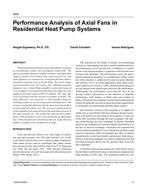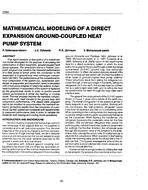Buildings in the United States used 40% of total energy use in the United States in 2020, providing a significant opportunity to reduce energy use and the carbon footprint of the US. Modeling large numbers of buildings in a particular region maximizes this impact, allowing cities, utilities, or other stakeholders to determine the optimal solutions to reduce energy consumption in buildings based on modeling simulations. Building type is a critical input variable from which many significant building characteristics such as occupancy, equipment, lighting, etc., can be inferred if this data is not directly available. Aggregating the building type in a non-intrusive manner for large scale analyses can be difficult as there is no public database with the function of each building. For this reason, another method of assigning building type using measured building energy use was developed. Measured building energy use was compared to Department of Energy (DOE) prototype building energy models for about 46 thousand buildings from the Electric Power Board (EPB) of Chattanooga service area to determine which prototype building was most representative of each individual building. Two methods of comparing the energy usage to the prototype building energy models at two different temporal resolutions were compared, with the building type assignments used to generate building energy models. Simulation results were compared to measured data to determine which method had the highest accuracy.
Product Details
- Published:
- 2022
- Number of Pages:
- 8
- Units of Measure:
- Dual
- File Size:
- 1 file , 990 KB
- Product Code(s):
- D-BCS22-C021
- Note:
- This product is unavailable in Russia, Belarus


